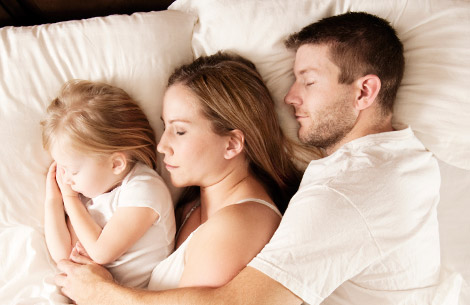Deep breathing can improve your energy level
If you’re feeling tired or are not able to focus on your work,
deep-breathing exercises can help. In the modern world, people don’t use
their diaphragm to breath; instead, they use weaker, surrounding muscles that
don’t fill the lungs to their full capacity. While this isn’t a
life-threatening change, taking deep breaths creates more oxygen saturation in
the cells, which in turn activates a number of different nerves and creates a
relaxed, alert state.
Deep breathing slows your heart rate
One of the best things you can do when scared or overwhelmed is to take a
moment, close your eyes, and breathe.
§ Lack of oxygen can make you feel tense and nervous, even if you aren’t
consciously aware of the problem.
§ However, by taking a deep breath, you force more oxygen into your cells.
§ This lowers your heart rate, blood pressure, and improves circulation.
§ The ultimate result is more energy to complete the tasks are doing, while
simultaneously lowering your heart rate and helping you to calm down.
Deep breathing helps to clean out the lungs
The modern world is hazardous for the human body. The amount of
pollution in the air, smoking habits, and a host of other problems can lead to
all kinds of lung problems. When you get sick, it’s often due to
particles in the lungs that are irritating the sensitive tissues there.
However, deep breathing can help to cleanse the lungs.
It forces oxygen to fill even the deepest parts of
your lungs and breaks up any particles and residue that may be there.
A deep-breathing routine can help you cleanse your
lungs of external particles, preventing you from getting sick as often as you
normally might.
This can also help improve lung capacity and
performance.
Deep breathing reduces anxiety
Hundreds of people suffer from anxiety daily. They worry about
several things outside their control, which leads to more stress and worry than
they were already under. Deep breathing can help to fight this.
Short, shallow breaths trigger the mind to feel
like it’s in danger; it’s part of the fight or flight instinct of all living
creatures. However, deep breathing means the body is relaxed and there is
no need to run. This can put you at ease and reduce the amount of anxiety
a person feels.
The long exhalation that comes because of deep
breathing tells the nervous system to calm down.
If you suffer from anxiety on a nearly daily basis,
taking a few moments throughout the day to perform deep breathing exercises can
be helpful.
Deep breathing exercises yield a host of different
health benefits that can be useful throughout our daily lives. They’re
also simple to perform and can be done anywhere, whether you’re on a bus or
sitting at your desk in the middle of the day. It’s a good idea to try to
implement these exercises throughout your day, if only to trigger the diaphragm
on a regular basis. Within just a few days of performing these exercises,
you will notice positive changes in your physical and mental health.
How to Breathe properly?
To breathe properly you need to breathe deeply into
your abdomen not just your chest. Even in the old Greek and Roman times the
doctors recommended deep breathing, the voluntary holding of air in the lungs,
believing that this exercise cleansed the system of impurities and gave
strength. This certainly is of great value to you in your work in the
world. Breathing exercises should be deep, slow, rhythmic, and through the
nose, not through the mouth. The most important parts of deep breathing must be
regulating your breaths three to four seconds in, and three to four seconds
out.

1. Inhale through your nose, expanding your belly,
then fill your chest. Counting to 5
2. Hold and Count to 3. Feel all your cells filled with golden, healing,
balancing Sun light energy.
3. Exhale fully from slightly parted mouth and Feel all your cells releasing
waste and emptying all old energy. Counting to 5.
Schedule your deep breathing exercise just as you would schedule important
business appointments. Set aside a minimum of two 10-minute segments of time
every day although you can begin with two five minutes segments if you prefer.
Honouring yourself enough to schedule time with yourself is the first step in
mastering stress.
Fortunately, you can reclaim your physical and mental
health by practicing deep breathing exercises. These exercises can reverse your
body’s natural reaction to stressful conditions, which will help you manage
negative emotions and even physical pain more effectively. We can’t always
eliminate stress from our lives, but we can learn to deal with it in a
healthier way.









